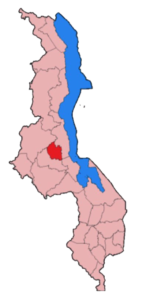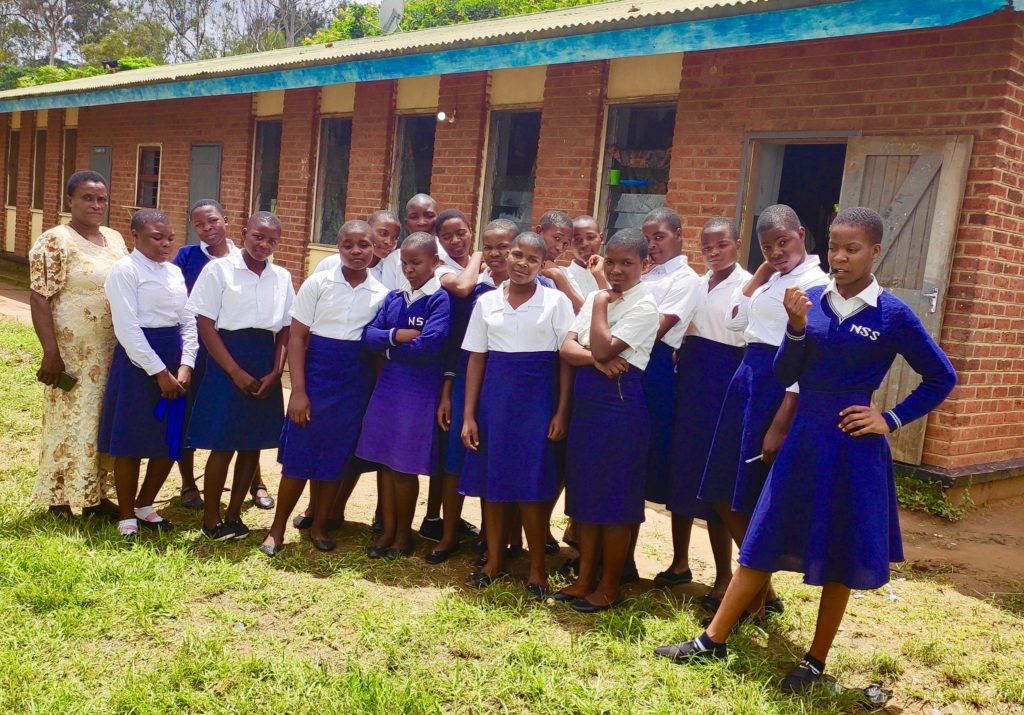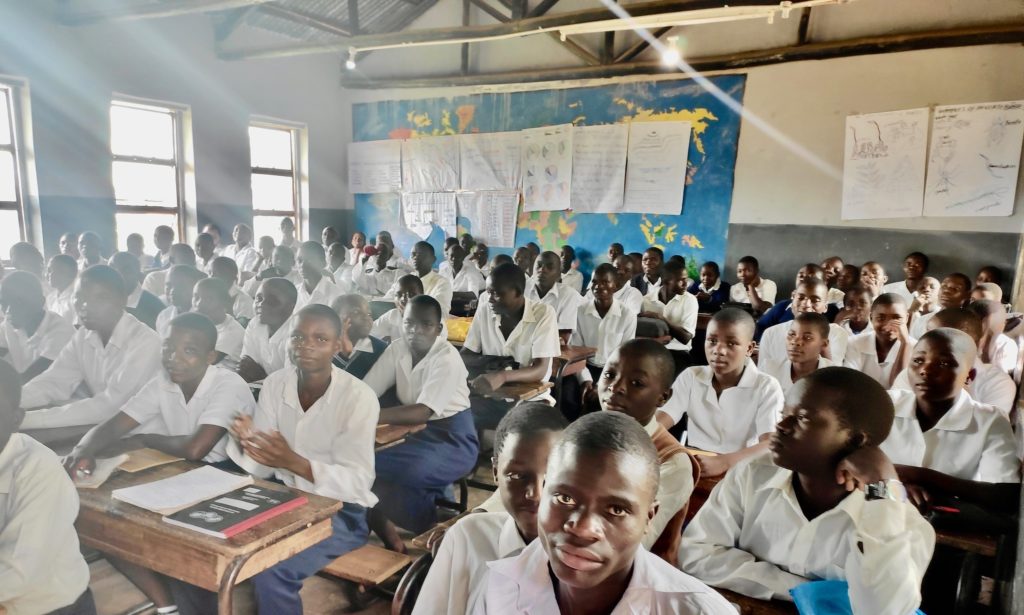
Ntchisi, Malawi … The central region community that bears its name is the capital of the Ntchisi District of Malawi. Listed at number 16 out of a total of 28 districts, Ntchisi has a population of 317,069 people (2018 census), within its borders of 1,709 square kilometers (659.8486 square miles). Farming and farm products make up 80 % of the local economy, with the leading crops of beans and potatoes. The main attraction of the district is the 75 square kilometer (28.9577 square miles) Ntchisi Mountain Forest Reserve on Ntchisi Mountain. Established in 1924 the Reserve is one of the last areas to preserve several species of indigenous plants.
As with the rest of the nation, the government system cannot meet the rapidly growing need. This is reflected in a low life expectancy of 63, and, while there has been some improvement, a 1989 survey indicated an infant mortality rate of 228 to 1000. A number of factors contribute to this, including high rates of malaria, HIV/AIDS, malnutrition, sub-standard health services, and unsafe drinking water and proper sanitation.

In some ways the education of Malawi’s children follows a similar path as that of the medical component of the nation’s needs. With a 2019 population estimated at 19,842,560 the number 24 years of age or younger stands at 66.75%, or a staggering 13,244,071 of the total population. For a cash starved federal budget, the need to fund the education of half of the population in the same time period is an insurmountable expectation.
Ntchisi’s Secondary School has over 320 students, and a staff of 22 teachers. There are 18 staff houses on the campus, built 54 years ago to accommodate only boys. Today, the school is co-educationally. With cash short budgets, insufficient staff, lack of modernization in its structures, the failure to build new buildings, the influx of those seeking an education, and the cost of school supplies, electricity, and other basic needs, all play a part in the failure to keep up with the educational needs of the people.
As it is all over the nation, the electricity goes out a number of hours each day as ESCOM attempts to control the overload of the strained electric grid. Replacing lighting fixtures and broken chairs or desks, are low priority, as the administration faces the strain on salaries, staff, repairs, books, supplies, facilities, and other needs.
In the schools, as in the hospitals, it seems everyone is trying to play “catch up”, (getting the needed items just shortly after they have already run out of those items). It has become a way of life and a daily expectation in one of the poorest nations on earth.


